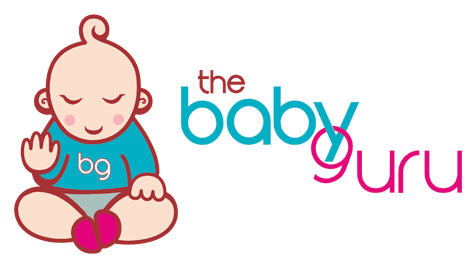Top Tips For Establishing A Simple Sleep Routine For You & Your Baby
- sam41541
- Apr 25, 2024
- 3 min read
As new parents, it is normal to have plenty of questions about the impossible task of not getting your baby to drift off to sleep, but how to make them stay asleep. It doesn’t have to be a never-ending battle, Sam Saunders aka The Baby Guru is on hand with a range of proven tips and tricks to ensure your baby sleeps through so the whole family can enjoy their beauty sleep. Striking a balance on the correct amount of sleep for your baby is a fine art, one which needs to be understood and perfected. Whilst too much daytime snoozing means your little one will not go down at bedtime, too much playtime results in an overtired baby – and everybody knows that is never good! Here are some great tips to ensure a peaceful night’s sleep for everyone:
Establish Nap Time
A mega important decision to make as early as 12 weeks, your little one needs a set nap time to establish routine. Introducing this whilst your baby is still young allows them to recognise nap time; the following rule of thumb is a good indication of the daily naps your baby should be taking. From 3-4 months babies will need a nap between every feed, so four to five naps a day, then from 4-6 months they transition down to around three naps a day, from 6-8 months, two naps a day is plenty and then once they are 15-18 months old, you can safely drop down to just one nap a day.
Pre-nap Routine
Sleep cues are great for teaching your baby to recognise nap time, allowing them to sleep longer and more comfortably. These cues can be as simple as taking your little one upstairs, closing the curtains, changing their nappy, and reading a story. It is advised that this routine is carried out 15 minutes before a nap and up to an hour before bedtime. By 4-6 months, babies are able to roll so by this time they probably want to be in their own cot and even in their own room, this will help with settling down and sleeping independently whilst also being safer as they will have more space to fidget and get comfy.
Self-settling
Naturally, some babies can self-settle from an early age, recognising bedtime and peacefully dozing off without the need to be rocked or fed. However, this is not always the case as we know, some little ones fight sleep and in turn can become overtired. Teaching your baby to self-settle is a key skill as they then require less support from you during bedtime and if they do wake in the night, they are able to go back to sleep with little to no disturbance. Just as we are, once your baby is 4 months old, they are more aware of their surroundings, paying more attention to light and sound in the house during bedtime. The best thing to do is create a quiet and dark environment which provides optimal sleeping conditions; use a black out blind, these are also great to avoid early awakenings, and play white noise to soothe your baby, this helps to block out other sounds around the home.
For more unbeatable tips and tricks, Sam Saunders, aka The Baby Guru boasts years of experience as a successful parenting coach, and with four children of her own, specialises in sleep advice, behaviour, feeding and routine programmes for babies and children, taking the stress out of being a parent.
Don’t forget to follow on social media for weekly tips and advice on all things sleep, routine and feeding.
Instagram @thebabyguruofficial
Facebook @thebabyguruofficial





Comments